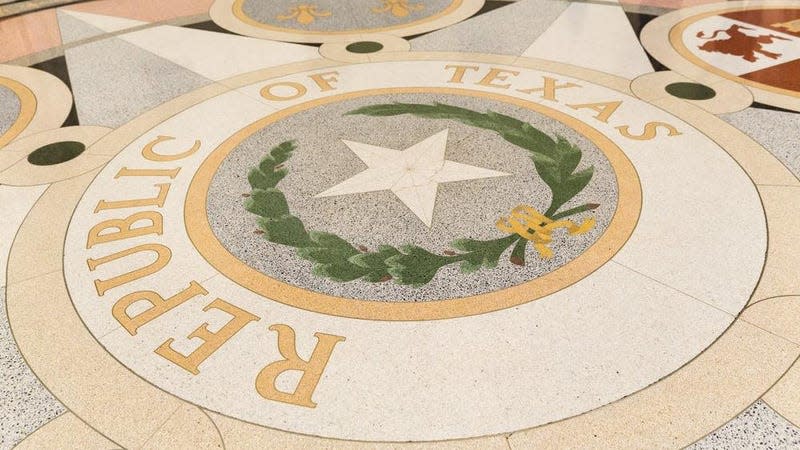Texas Is Trying to Scrub Abortion From Its Internet

- Oops!Something went wrong.Please try again later.
Last week, Texas introduced a bill that would make it illegal for internet service providers to let users access information about how to get abortion pills. The bill, called the Women and Child Safety Act, would also criminalize creating, editing, or hosting a website that helps people seek abortions.
If the bill passes, internet service providers (ISPs) will be forced to block websites “operated by or on behalf of an abortion provider or abortion fund.” ISPs would also have to filter any website that helps people who “provide or aid or abet elective abortions” in almost any way, including raising money.
Read more
These Winning Close-Up Photos Show Life That's Often Overlooked
Remembering Enterprise: The Test Shuttle That Never Flew to Space
The Supreme Court’s overturning of Roe v. Wade left the country with a patchwork of reproductive health laws of varying restriction or permission. That drove interest in securing abortion access across state lines, and Republican state lawmakers quickly set their sights on limiting the distribution of abortion pills and related information.
The bill is part of a trend in Texas, where lawmakers are working to create a special, closed-off Texan internet.
The 5th Circuit Court of Appeals lifted a block on a Texas’s HB 20, a law that prohibits social media platforms from moderating content or blocking users based on their “viewpoints,” which is akin to saying social media platforms can’t moderate content at all. The free speech warriors in Texas seem unconcerned that content moderation is in itself a form of speech, and the fact that the constitution gives private businesses the same right to express themselves that citizens have.
“Right now, if this state law goes into effect, we’re stuck in a situation where we might see ISPs fighting in court saying they have a First Amendment right to host this content,” said Evan Greer, director of the non-profit Fight for the Future.
Five years ago, a bill like this would violate federal law. Remember Net Neutrality? Net Neutrality forced ISPs to act like phone companies, treating all traffic the same with almost no ability to limit or filter the content traveling on their networks. But Net Neutrality was repealed in 2018, essentially reclassifying internet service as a luxury with little regulator oversight, and upending consumers’ right to free access of the web.
“We really need lawmakers to wake up and understand that tech policy issues aren’t wonky concerns,” Greer said. “These are bread and butter mom and pop issues, and they have just as much of an impact on people’s reproductive rights as legislation moving for or against abortion access in general.”
Democrats have been working to restore Net Neutrality ever since, and they probably would have done so already if Republican lawmakers hadn’t been working to stop the essential functions of government. President Biden nominated lawyer Gigi Sohn to fill an empty chair at the FCC in 2021, but Republicans have blocked her nomination ever since.
“One of the most concrete things Senate democrats can do to protect reproductive rights is get off their butts and get Gigi Sohn confirmed,” Greer said.
More from Gizmodo
Sign up for Gizmodo's Newsletter. For the latest news, Facebook, Twitter and Instagram.

